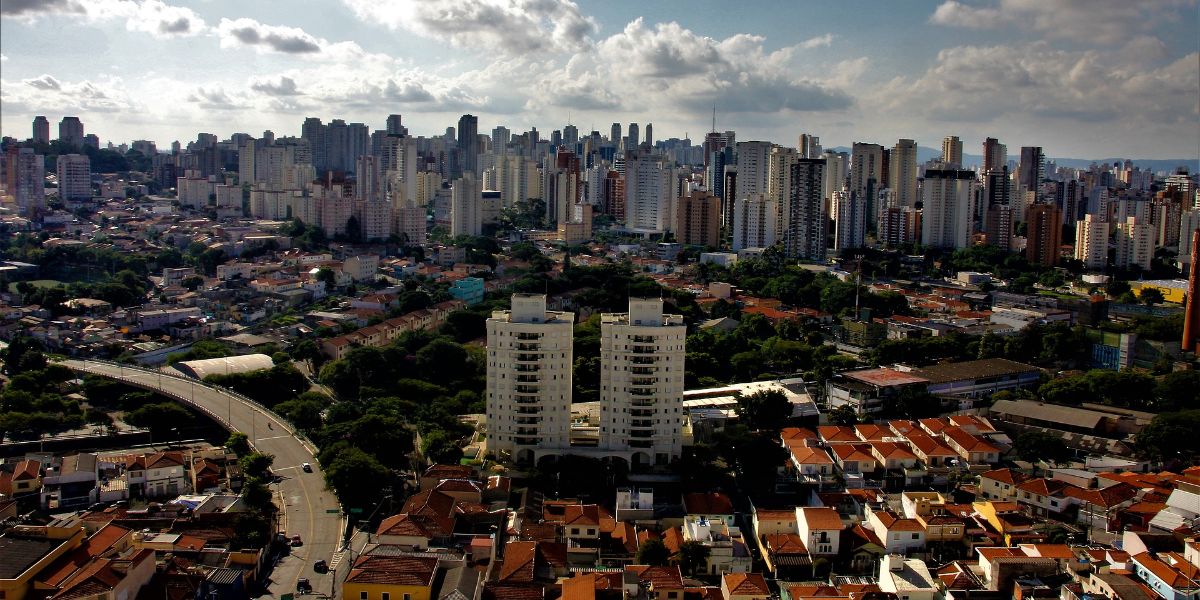Brazil’s President, Luis Inácio Lula da Silva, signed Complementary Law No. 214/2025 into law on 16 January 2025. It introduces and defines new taxation frameworks in Brazil: Tax on Goods and Services (IBS), the Contribution on Goods and Services (CBS), and the Selective Tax (IS).
Brazil’s 2023 consumption tax reform, which was approved, introduced a VAT and a selective ‘sin tax’ on goods and services harmful to health or the environment. The tax applies to specific goods and services and excludes exports, electricity, and telecommunications.
The selective tax applies to the net price and is excluded from its taxable base. However, it is included in the taxable base for the new VATs—Goods and Services Tax (IBS) and Contribution on Goods and Services (CBS). It will also be part of the taxable base for state VAT (ICMS) and municipal service tax (ISS) during the transition.
Supplementary Law 214/2025 will enter into force on 1 January 2027.
Scope of the new selective tax
As previously mentioned, the Supplementary Law 214/2025 introduced the new VAT (CBS and IBS) and a selective tax.
The selective tax applies to certain vehicles (excluding trucks and those used for military or public security), vessels and aircraft (except those used for military or public security), smoking products, sugary drinks, alcoholic beverages, mineral goods, and fantasy sports and betting competitions.
The selective tax will be applied once on the first supply of the good, auction sales, mineral extraction, service provision or payment (whichever comes first), and imports.
The tax also applies when goods are not supplied, such as when consumed by the manufacturer or added to fixed assets. Taxpayers include manufacturers, importers, auction winners, producer-extractivists, or service providers, even if based abroad.
Applicable tax rates
- Tax rates will be adjusted based on environmental and performance criteria.
- Vehicles will be taxed based on factors like emissions and efficiency.
- Vessels and aircraft with zero emissions may qualify for tax reductions.
- Tobacco products (cigars, cigarillos, cigarettes) and alcoholic beverages will have dual tax rates (ad valorem and ad rem tax rates).
- Mineral goods transactions will have a maximum tax rate of 0.25%.
- Natural gas used for industrial or transportation purposes will be taxed at zero.













